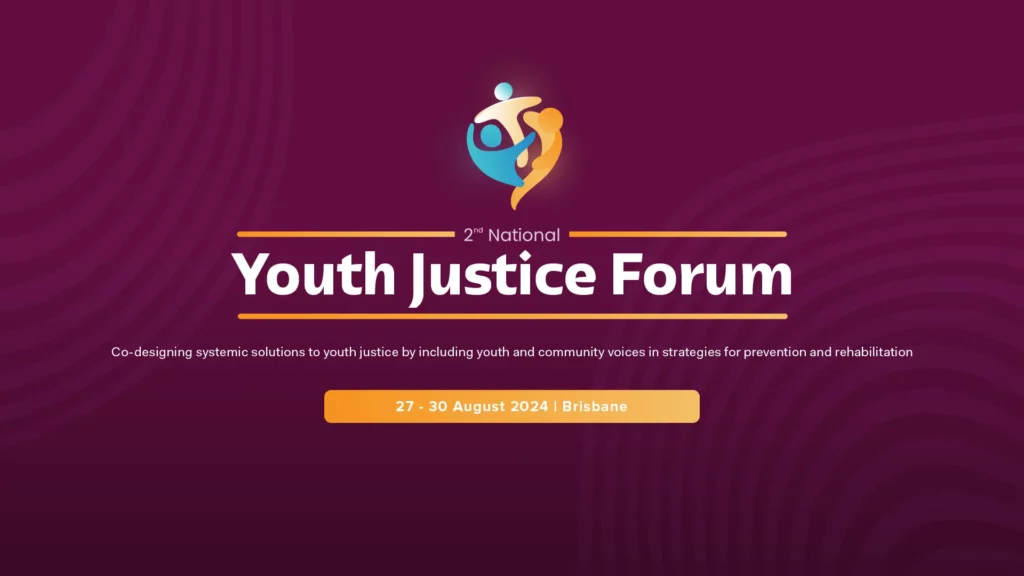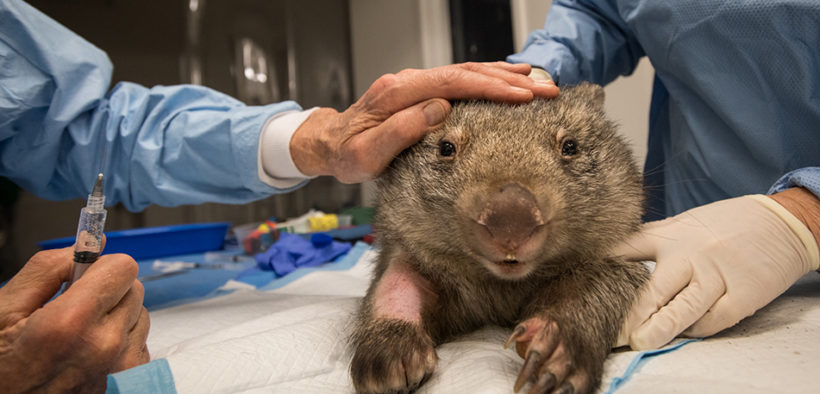The Foundation for National Parks & Wildlife is launching a new program called the “Wildlife Friendly Vets Program” to support wildlife volunteers around the country.
As part of its wider “Wildlife Heroes” project, the program aims to improve veterinary wildlife care through funding and training and support wildlife rescue coordination between carers and vets, including during emergencies.
Additionally, the program also aims to promote the unpaid yet challenging work that many veterinary practices and wildlife volunteers do, such as treating native wildlife.
To join this community, vets and vet practices can be nominate themselves or be nominated by another party, with the first 100 signed up receiving additional resources as an incentive. All veterinary clinics, vets and vet nurses that are committed to providing quality care to native wildlife are eligible.
The program is the organisation’s direct response to the challenges brought by the recent bushfires and the ongoing floods that are destroying native wildlife across the country.
In New South Wales alone, a minimum of $1.8 million of free vet services are administered to wildlife each year, with this figure estimated to be far greater following recent disasters. Veterinarians report that many aspects of their formal education had not adequately prepared them for emergency wildlife care.
Dr Bree Talbot, Foundation Veterinarian at Byron Bay Wildlife Hospital welcomes this initiative.
“The unique physiology and anatomy of Australian wildlife species make training and expertise essential to effective treatment, handling and care. We warmly welcome general practice veterinarians and nurses with the passion to develop skills and experience in caring for wildlife who are joining the Wildlife Friendly Vets community. It’s a wonderful initiative of the Foundation for National Parks & Wildlife,” Talbot said.
Meanwhile, Foundation for National Parks & Wildlife CEO Ian Darbyshire emphasised that it is important for vets to know that this community is available to them.
“We are so grateful to the vets and wildlife carers around the country who have worked tirelessly in rescuing our wildlife through some of the worst disasters Australia has ever seen. It is with thanks to the Wildlife Heroes project, supported through the Wildlife Rescue and Rehabilitation initiative of the Commonwealth Government, that we can continue to promote these heroes and improve veterinary wildlife care,” he said.
Western Australia’s Department of Biodiversity, Conservation and Attractions says veterinarians and veterinary nurses are a vital support to the rehabilitation of wildlife in Australia.
“The Wildlife Friendly Vets program will improve awareness of this important role, as well as providing funding and wildlife training opportunities for practices that treat wildlife,” it said in a statement.
Dr Stephen Van Mil, Founder and CEO, Byron Bay Wildlife Hospital said that the Wildlife Friendly Vets program is more important now than ever.
“Natural disasters, habitat loss, road accidents, feral pest attacks and disease mean there’s a growing demand to treat and rehabilitate injured and traumatised wildlife. We desperately need more veterinarians and vet nurses with the skills and confidence to care for native animals, and we applaud Foundation for National Parks & Wildlife for providing these resources and training to the veterinary industry,“ he said.
Paulo Rizal is a content producer for Third Sector news. He has working experience in journalism, SEO, and social media marketing.
















































































































































